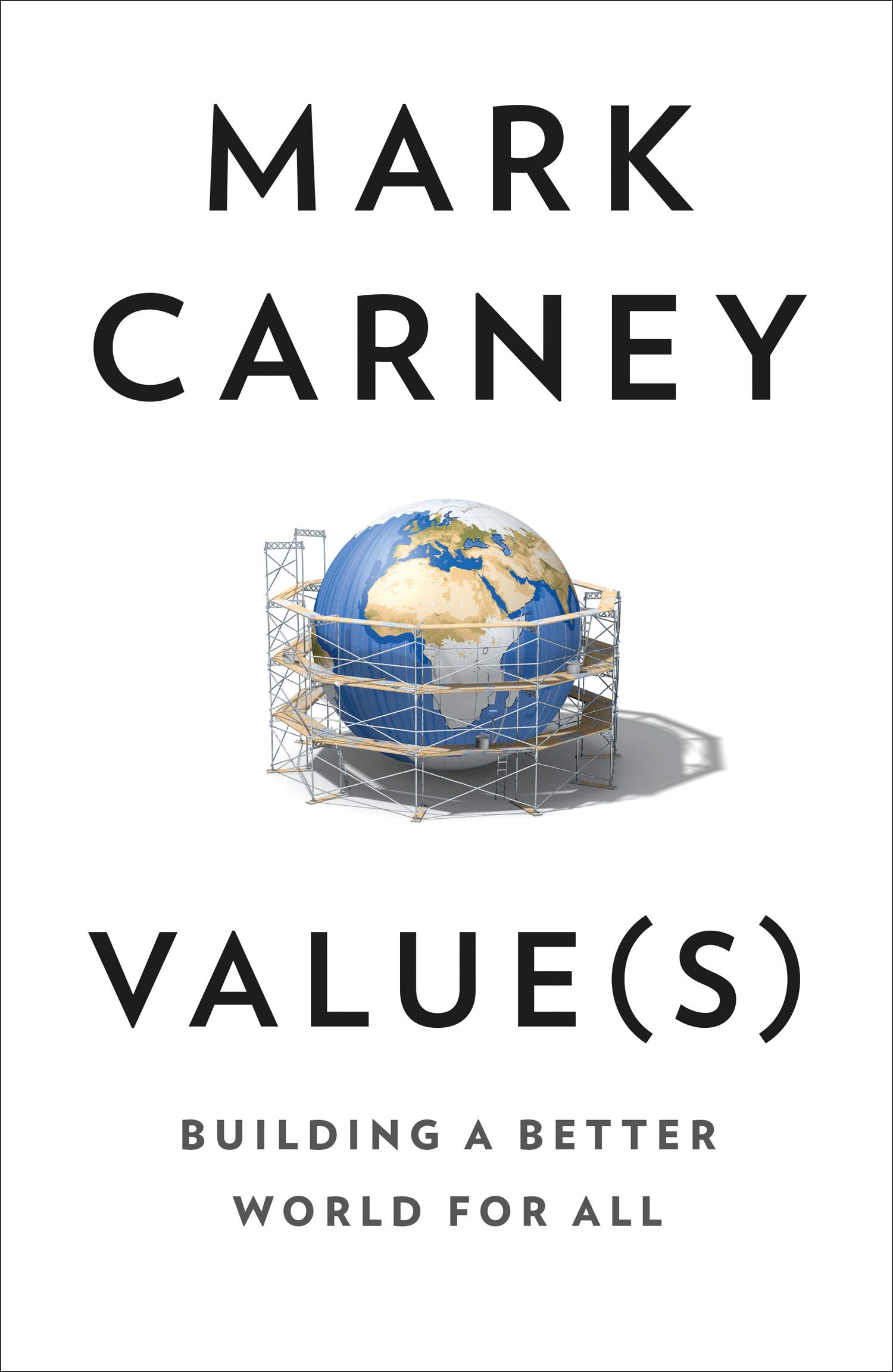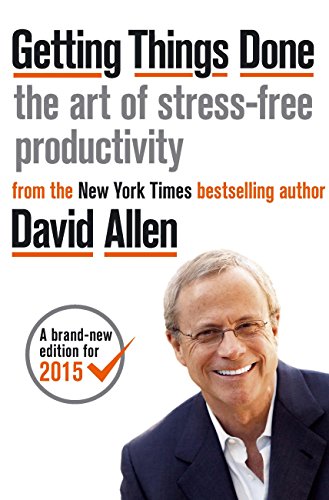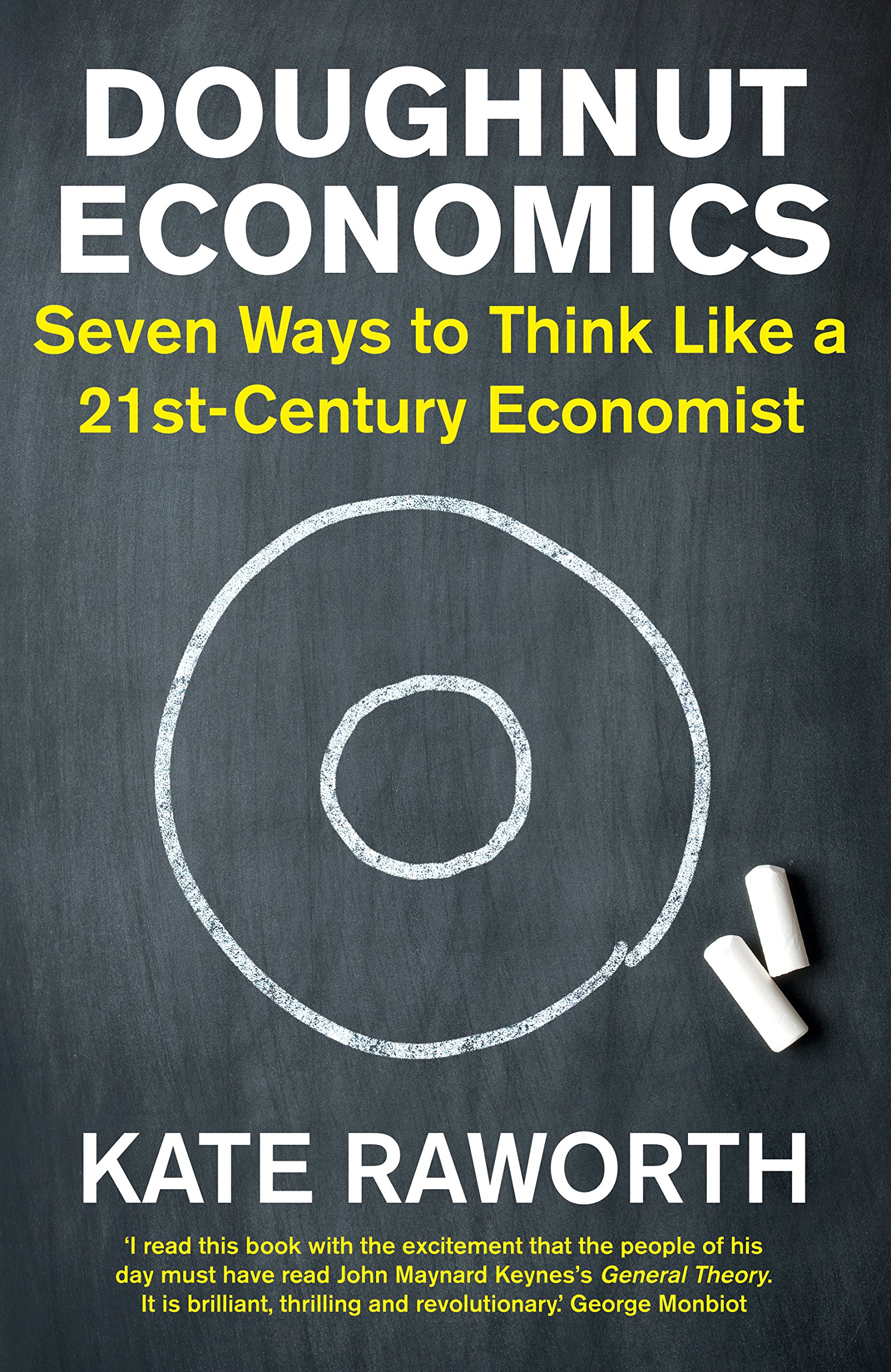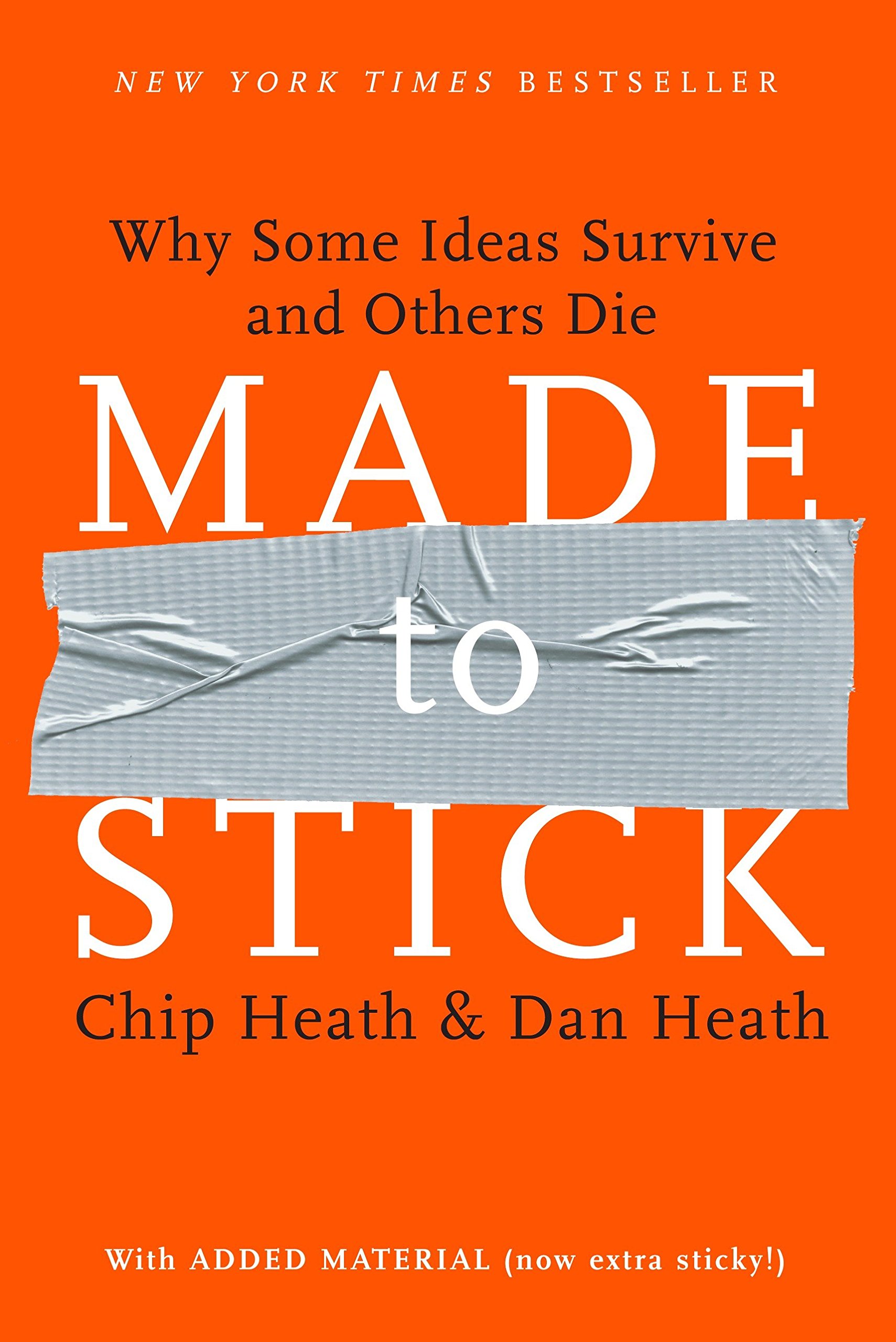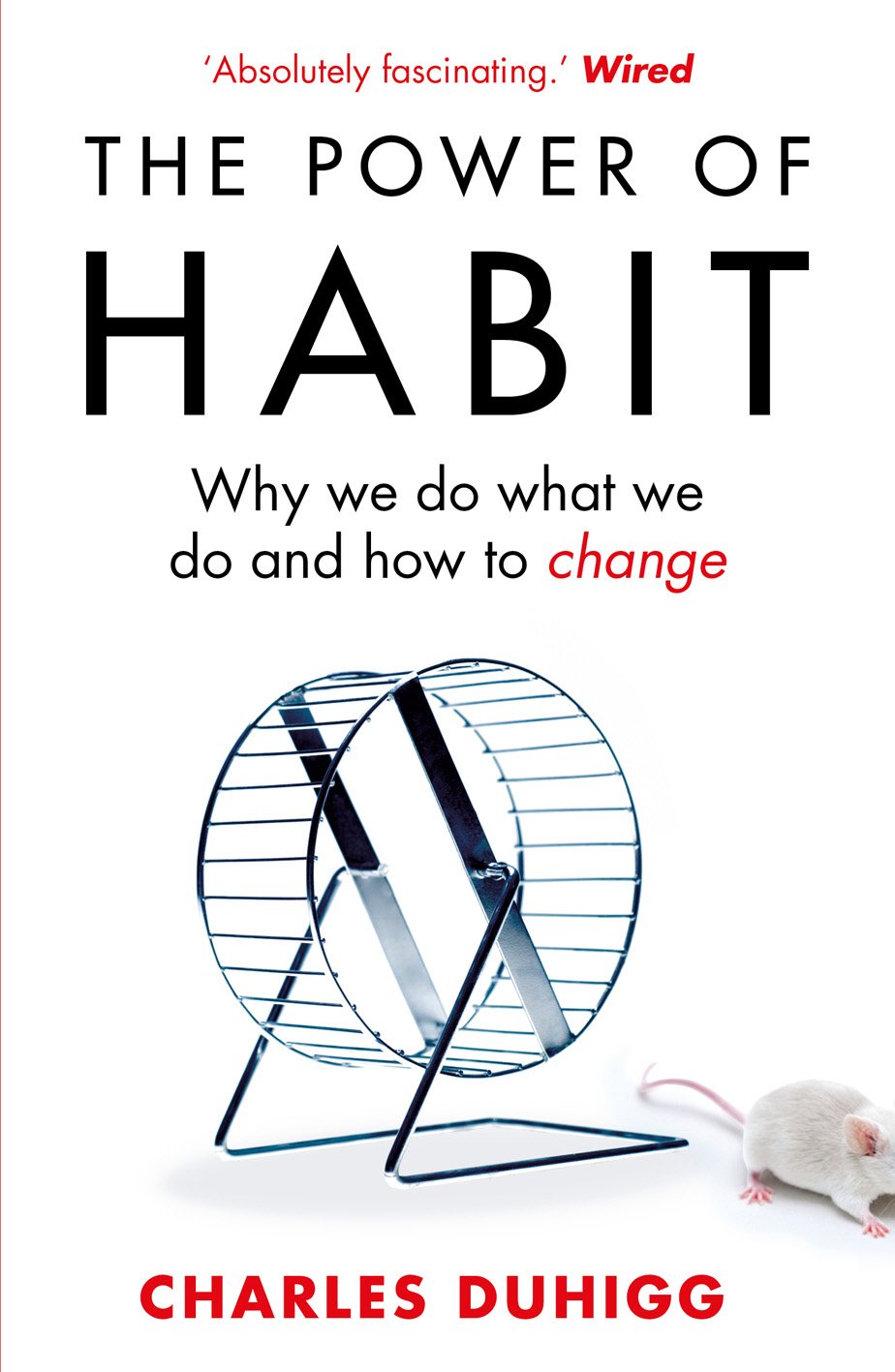Crises have shown how what we value has been separated from our values.

Value(s) by Mark Carney uses the 2008 financial crash, COVID-19 and climate change to illustrate how our values and the value of good have become dissociated. The key values shown across the crises are: solidarity, fairness, dynamism, sustainability, responsibility, resilience, humility.
The main concept is that value (monetary or how much something can be exchanged for) does not necessarily align with our values. Importantly, the act of valuing can/has then in turn altered society’s values.
Key points:
- Adam Smith said that value is principally linked to labour (hours or number of people) used to generate that item
- As populations increase there is rising rent and food cost due to the law of diminishing returns from those producing the goods
- It is the avoidance or limitation of recessions, rather than increased growth, that has led to sustained income increases over time, compared to Middle Ages
- Value of a good is subjective and dependent on time, person, how many already have, and how many have of other similar items
- Broadly we have gone from objective to subjective to utility/welfare measures of value, and now it is assumed that everything of value has a ‘market value’
- But not all of value can reflect important components of welfare (e.g. friendship, loyalty, fairness)
- Generally we under-estimated (previously) how much we would place on a QALY, during the pandemic
- Credit is the only real way money is created, as otherwise it is just money moved around (e.g. not spent in shops)
- Money requires trust throughout the system
- Emergence of novel forms of currency (e.g. bitcoin) could reflect reducing trust in classic money
- Most crypto currencies fail in scalability to be as easy (or easier) than current forms
- Need to reduce the cost of transactions (including international) to promote competition
- More equal societies have better growth and have greater financial resilience
- Putting a value on practices changes their value and inherent meaning e.g. paying for late pickups or blood donation
- Financial crash was due to no-one having full picture of what going on and therefore not regulating / realising how fragile it all was
- Finance had become totally dissociated from people who were serving so credit and trading became an end in itself
- COVID resulted in cost-benefit analyses that used a value for assessment of outcomes
- Integrity of political systems predicted performance in first wave better than objective pandemic preparedness
- Overall there was a move to prioritise 1. R0, then 2. Values to uphold (solidarity, equality, dynamism long term e.g. education), then 3. Review policy to facilitate that, rather than a pure value focused analysis
- Using the functional capacity of all existing machines (e.g. cars) will use up all our carbon budget, even if none new made now, so will need to be scrappage and replacement
- One of the biggest consequences of climate change may be climate refugees
- Temperature rises will have massive (negative) effects on global economy (e.g. decade with no GDP growth)
- Determine that sustainability is a key goal, then, develop business strategies to align, which provides opportunity for growth
- It is not entirely clear that the main aim of an organisation is profit for its shareholders
- There are many examples where would prefer lower return if know their money is doing good
- Multiple examples of where higher environmental, societal, & governmental (ESG) return is correlated with better profit, and maybe more so with uncertainty around climate change
- The most dangerous four words: ‘This time it’s different’
- We should not pretend that we can compartmentalise home/work/community/environment – our values should permeate through all of them
This book was interesting but comparatively long and slightly challenging to get through.
More books like this:
- Manifesto for a moral revolution by Jacqueline Novogratz
- Doughnut economics by Kate Raworth
